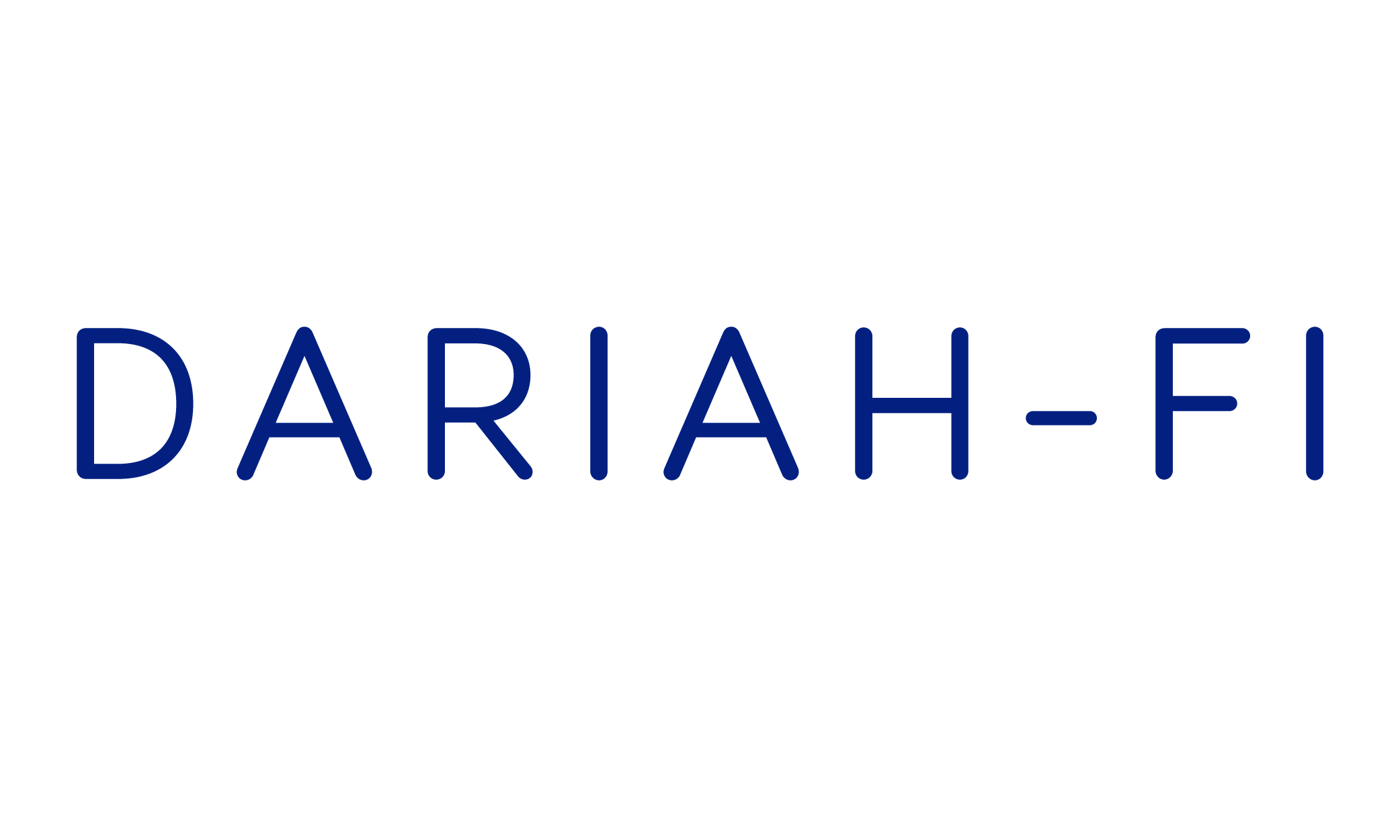Transformations: A DARIAH Journal is dedicated to providing a trusted, non-commercial platform for documenting various methodological and research activities in arts and humanities, including data gathering and processing, annotation and modeling, analysis and interpretation.
Transformations embraces ephemeral or experimental scholarly outputs, including descriptions and analysis of data collections and workflows, annotation practices, software tools and training materials, as well as traditional scholarly papers.
Please note that Transformation is a new journal pending ISSN and is not ranked e.g. in JUFO-Portaali.
Call for contributions
The first issue of Transformations is calling for contributions that explore, assess, and analyse the challenges of designing, implementing, documenting and sharing digitally-enabled workflows in the context of arts and humanities research. Welcomed are submissions that shed light on these challenges from a technical, methodological, infrastructural and/or conceptual point of view. The call is open until October 31st.
Submissions can take the form of classical research articles, project notes, tool descriptions, data papers, or workflow analyses. Conference posters can be submitted as project notes, providing a detailed, coherent and self-standing narrative based on the original poster’s content. This issue invites contributions that address a variety of questions in terms of best practices: What is the state of the art in research workflows in the digital arts and humanities? What are we doing well, and what should we do better? How can we evaluate the appropriateness of a workflow or assess its efficiency?
What are workflows? Workflows are “sequences of steps that one can perform on research data during their lifecycle. Workflows can be achieved by using diverse tools, resources and methods, and the useful resources are connected to each step.” (Read more In Barbot et al, 2024 at: https://doi.org/10.5334/johd.192.)
Submission and evaluation
All contributions will undergo an open peer review process. The journal will use open identities, which means that author and reviewer identities will be disclosed to each other. This said, the review reports will not be published.
For this particular issue, submissions in English only will be accepted.
The evaluation criteria focus on the scientific quality of the manuscript, including the solidity of the methodology, the relevance to the current state of the art,and the usefulness of the insights that can be gained from it. The reviewers will also pay attention to the form of presentation, the overall readability and clarity of argumentation, as well as the accessibility of all the data relevant to the submission.
See the full call for papers here: https://www.dariah.eu/2024/06/21/transformations-1st-call-for-contributions/
More information about this type of (overlay) journal: https://www.dariah.eu/2024/02/29/introducing-the-dariah-overlay-journal-an-alternative-and-transparent-publishing-model/
Publisher: Centre for Direct Scientific Communication (CCSD).

